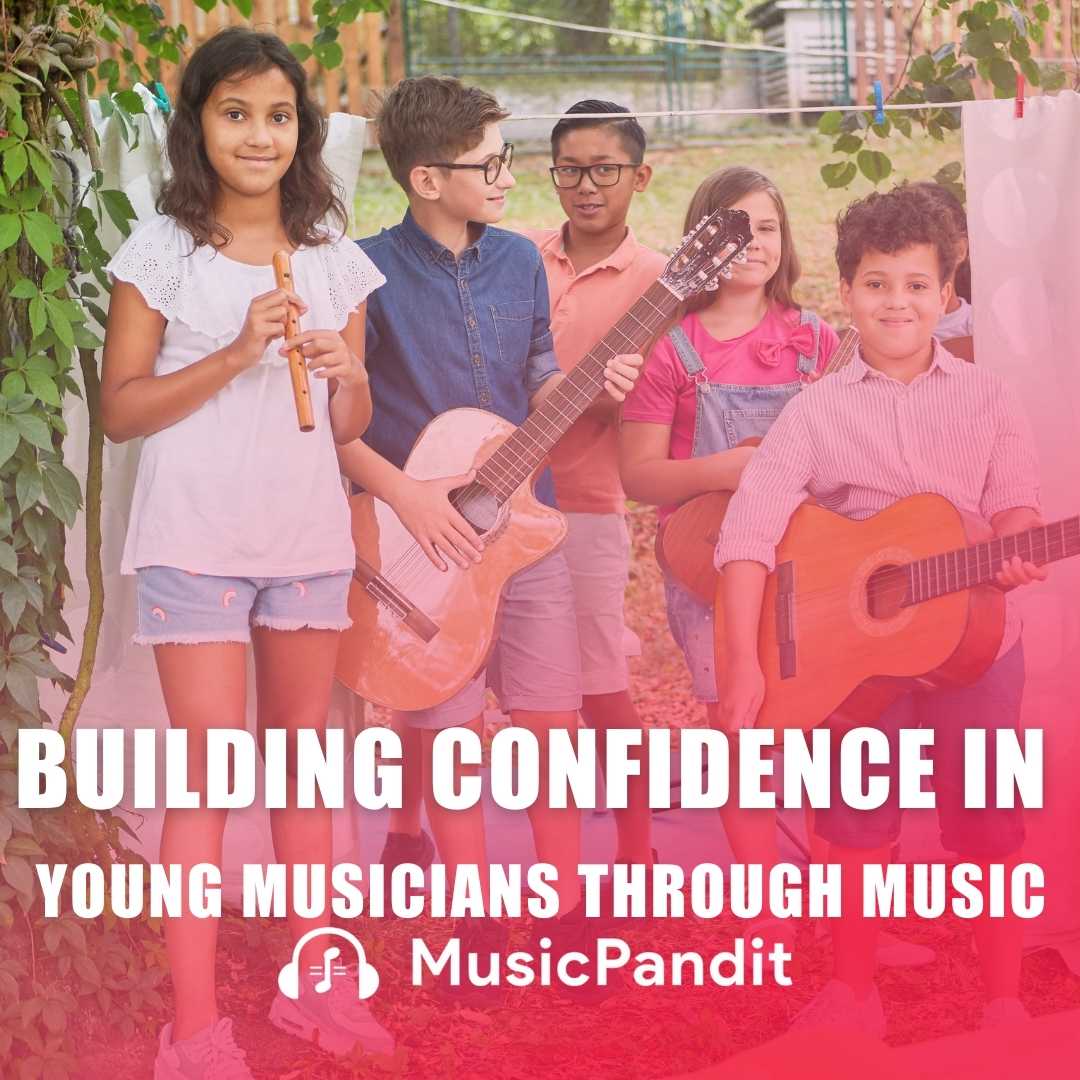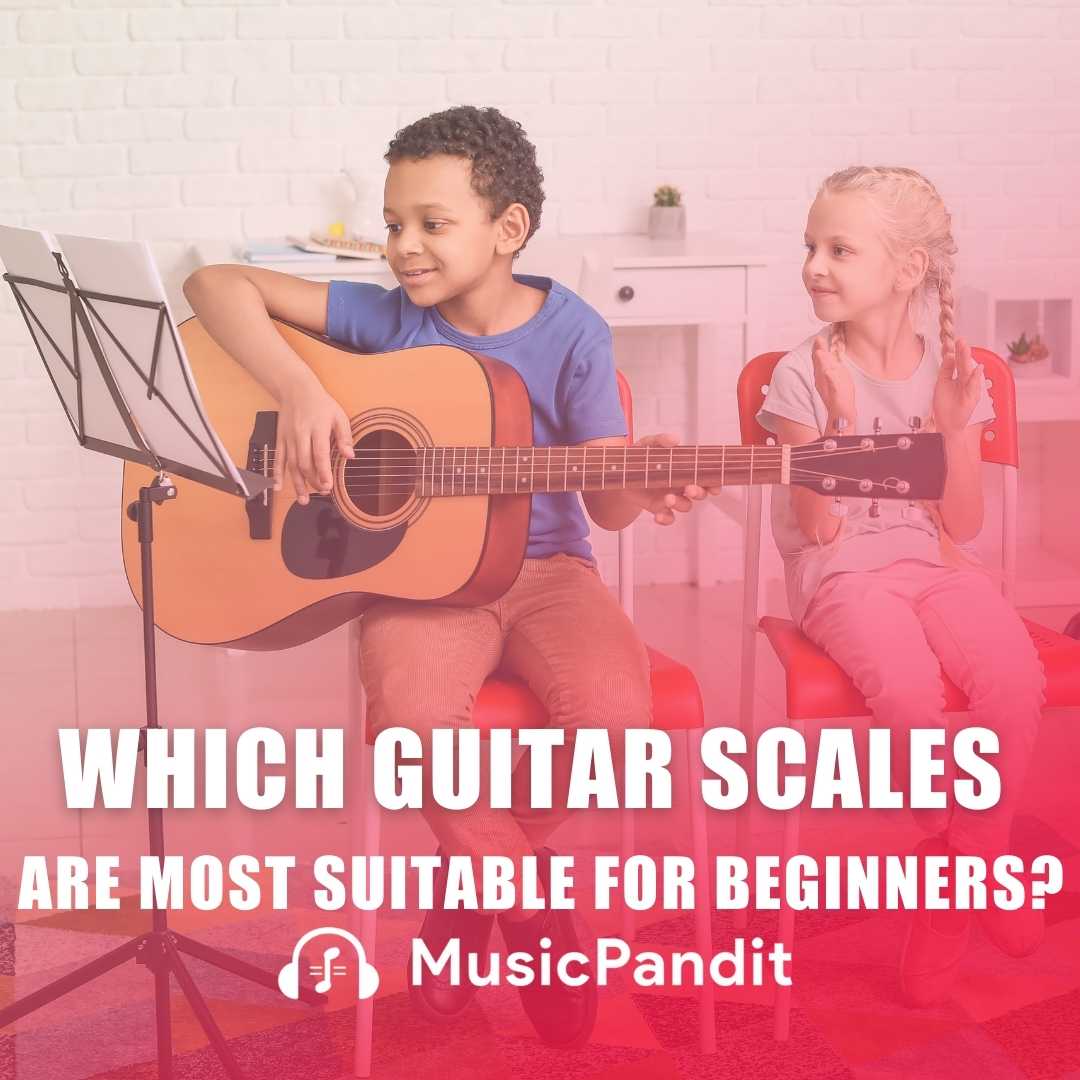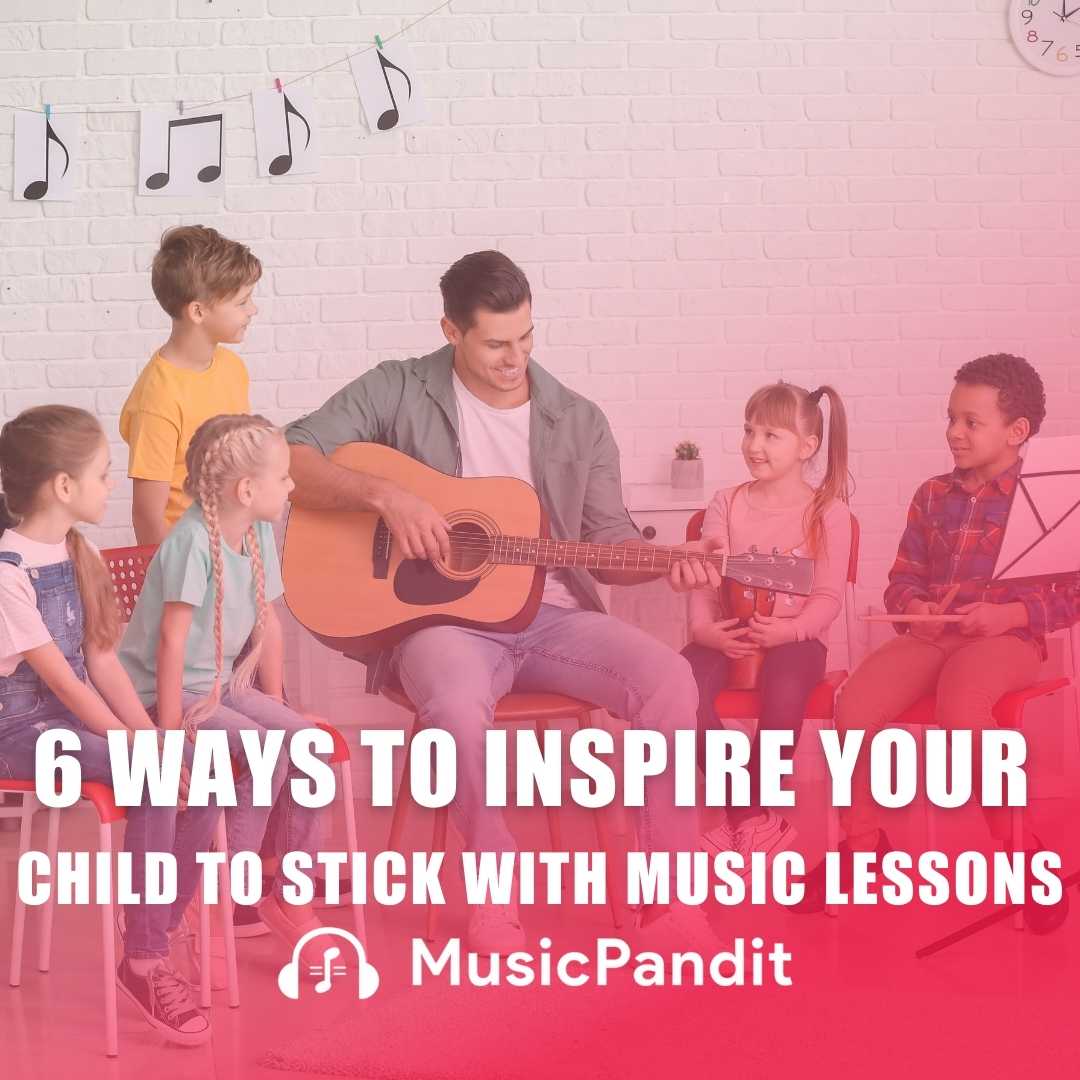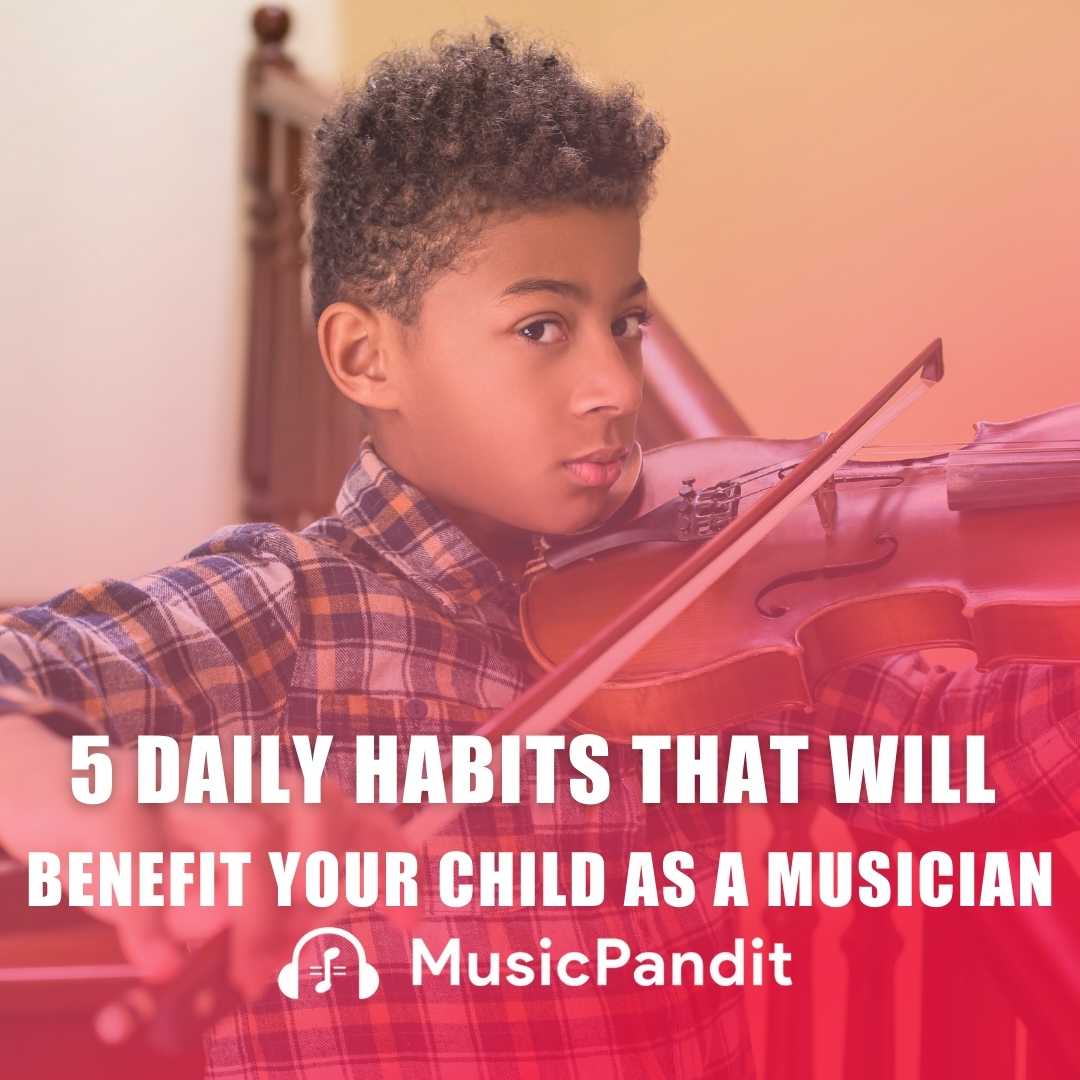If you look at the realm of education, it has undergone a significant transformation in recent years. With great developments taking place in the technology space, this has provided platforms for different courses to take place in an online environment.
That being said, among the usual disciplines, music education has seamlessly embraced this change with the advent of online music lessons. Well, thanks to the increasing internet penetration, smartphones, and laptop usage in the world, they have all contributed to the growth of the online music learning market. This incessant growth of online learning technologies has opened up new avenues for both students and teachers.
However, as an online music school, we are often asked the burning question: are online music classes as effective as in-person lessons? Well, after teaching so many students we can say that not only are online lessons as effective as in-person lessons but they’re often better as it promotes productivity and independence.
While we may sound biased there, we will explore the diverse aspects of online music lessons, delving into their advantages and comparisons with traditional methods, ultimately shedding light on the evolving landscape of music education.
The Rise of Online Music Lessons: A Paradigm Shift
If we look at the traditional model of music education, it often involves in-person lessons. In this setup, a student visits a music school or even a teacher’s house for one-on-one instruction. However, with widespread use of the internet and the rise of online music lessons, this model has undergone a significant paradigm shift.
Interestingly, if you look at the current music learning landscape, online music lessons have become an attractive option for many music learners. Thanks to the convenience of learning from the comfort of one’s home, coupled with the flexibility of scheduling, online music classes are a better choice.
Types of Online Music Lessons: Diverse Approaches for Every Learner
Let’s look at some of the different types of online music lessons available for interested learners.
Live Video Lessons:
Firstly, there are online platforms that offer live video lessons where students can interact with their instructors in real-time. There is scope for immediate feedback and personalised guidance. Many music schools make use of platforms like Zoom, Skype, or dedicated music lesson apps to facilitate this type of interactive and engaged learning.
Pre-recorded Lessons:
Secondly, there are online music lesson platforms that provide pre-recorded lessons. Here there is no interaction with the instructor and students can access lessons at their own pace. This is most suitable for individuals with busy lifestyles. There are platforms such as YouTube, Yousician, TrueFire, and Udemy that follow this approach.
Hybrid Models:
Lastly, there are music schools that combine the best of both worlds, hybrid models which integrate both live sessions with pre-recorded content. This is the most useful approach that offers a balance between real-time interaction and the flexibility of self-paced learning.
Advantages of Online Music Lessons: Unlocking Opportunities
Now that you have an idea of the type of online music lessons we will understand some of its key benefits
Global Accessibility:
The first thing is that lessons can be accessed and taken from any part of the world. Online music lessons have no geographical barriers, allowing students to connect and learn from world-class instructors. This global accessibility is one of the greatest benefits. You have many things to explore.
Flexible Scheduling:
Traditional music lessons usually have a fixed schedule. This can be challenging especially for children or individuals with busy lifestyles. With online music lessons students have the flexibility to choose lesson times that align with their availability. This leads to a more sustainable and adaptable learning experience.
Cost-Effectiveness:
When we talk about offline classes we need to consider factors like transportation, studio rental, and other associated expenses. As a result the fees can be on the higher side. Comparatively, online lessons eliminate these additional costs, making music education more affordable and accessible to a wider audience.
Comparisons: Online vs. Traditional Music Lessons
Interaction and Engagement:
Well, one of the advantages of traditional lessons is that it thrives on in-person interaction, wherein students get immediate feedback and correction. On the other hand, online lessons, even though real-time interaction occurs, the students may sometimes face challenges such as internet connectivity issues affecting the quality of engagement. It is imperative to have good internet connectivity and power during the class hours.
Technical Challenges:
We might see more of the technical challenges like audio latency or video lag in particularly live sessions. In contrast, traditional lessons, devoid of such technological hurdles, ensure a seamless learning experience.
Personal Connection:
The personal connection between teacher and student is one of the crucial aspects of music education. Traditional lessons tend to foster a deeper, in-person connection since the students and the teacher are physically present in the same place. However, online lessons if done right can establish meaningful relationships also. This can be done through effective communication and virtual rapport-building. Besides, teachers are trained extensively on this aspect.
Learning Environment:
In a traditional setup, lessons are offered in a dedicated space for learning. Meanwhile, in online lessons it relies solely on the student’s ability to create a conducive learning environment at home.
Tools and Resources: Enhancing the Online Music Learning Experience
Interactive Platforms:
Traditional music classes can sometimes be boring because they use the same old teaching method. Online music education platforms on the other hand often come equipped with interactive tools such as virtual instruments, games, sheet music displays, and instant playback and other features. All these tools enhance the learning experience by providing a dynamic and engaging interface.
Recording and Playback Options:
Additionally, with online music classes you have the ability to record lessons and play them back. This is a valuable tool and allows students to revisit the earlier sessions, go through key points, practice along with instructions, and track their progress over time.
Digital Sheet Music Libraries:
Online music lessons provide students with digital sheet music, offering a vast repertoire for students to explore. This digital format allows for easy sharing and collaboration between teachers and students.
Overcoming Challenges in Online Music Education
Effective Communication:
Online music education requires clear and effective communication. Therefore, it is imperative for both teachers and students to actively engage in dialogue, utilising video conferencing, messaging platforms, and other communication tools to bridge the virtual gap.
Technical Preparedness:
Always be technically prepared for online lessons. Both the teacher and the students need to have a stable internet connection, suitable devices, and familiarity with the chosen online platform.
Adapting Teaching Techniques:
One of the most important things in online lessons is that the instructors need to adapt their teaching techniques to suit the online format. Moreover, it is important for teachers to make the classes fun and engaging for the students. Most of the music schools with experienced teachers and well developed curriculum have lessons that make use of visual aids, demonstrations, quizzes, and games. They leverage digital tools available to enhance the effectiveness of online music lessons.
Conclusion: The Future of Music Education
From what we have seen so far, online music lessons have undeniably emerged as a transformative force in music education. Thanks to the flexibility, accessibility, and myriad tools available in the online realm individuals are learning and engaging with music more and more. On the flipside, traditional lessons are maintaining their intrinsic value. However, as we witness the integration of online music education in this space it is enriching the landscape, providing opportunities for a broader and more diverse community of learners.
Moving forward, as technology continues to advance, the fusion of traditional and online methods may very well be the key to unlocking the full potential of music education in the digital age. We do believe that it will pave the way for a better future where aspiring musicians will be able to learn, explore, and create in ways that were once unimaginable. This will further create a rich and dynamic educational experience for all. We are excited to be on this journey along with our students!














